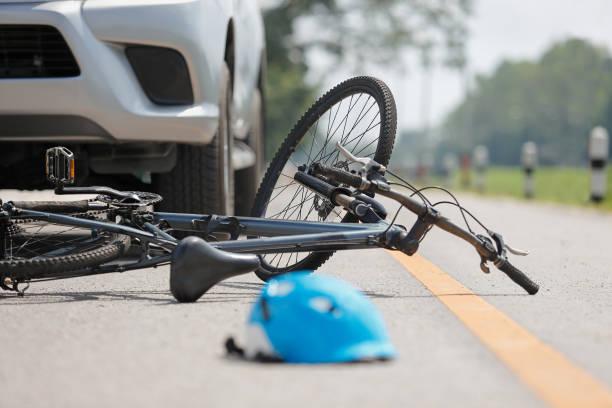It's critical to know about the insurance consequences that occur in the unfortunate case of an accident as ride-sharing services continue to gain popularity. Ride sharing accidents can be complex, involving multiple parties, insurance providers, and varying coverage levels.
The insurance implications of ride sharing accidents can be complex, as the legal status of ride sharing drivers varies from state to state. In general, however, ride sharing companies provide some level of insurance coverage to their drivers and passengers in the event of an accident.
Rideshare Driver Insurance
The specific terms of rideshare driver insurance vary from company to company, but typically include:
- Liability insurance: This covers the cost of injuries or property damage caused by the driver to third parties, such as other drivers, passengers, or pedestrians.
- Uninsured/underinsured motorist coverage: This covers the cost of injuries or property damage caused by a driver who does not have enough insurance or who is uninsured altogether.
- Personal injury protection (PIP): This covers the cost of medical expenses for the driver and their passengers, regardless of who is at fault in the accident.
Rideshare Passenger Insurance
In addition to the insurance coverage provided by the rideshare company, passengers may also be able to claim benefits from their own car insurance policy. This is because some car insurance policies include coverage for ride sharing accidents. However, it is important to check with your insurance company to see if you are covered.
How to Respond in the Event of a Ride-Sharing Accident
If you are involved in a ride sharing accident, it is important to take the following steps:
- Exchange information: Exchange contact information with the driver, any other people involved in the accident, and any witnesses. This includes names, addresses, phone numbers, and insurance information.
- Report the accident: Report the accident to the police and your insurance company. This will help to ensure that you are compensated for any injuries or damages you sustained.
- Seek medical attention: If you are injured, seek medical attention immediately. This is important even if you do not feel injured at the time of the accident.
- Contact an attorney: If you have been injured in a ride sharing accident, you may want to contact an attorney to discuss your legal options.
By following these steps, you can help to protect your rights and ensure that you are compensated for any injuries or damages you sustained.
Additional Considerations
In addition to the insurance coverage provided by the rideshare company and your own car insurance policy, you may also be able to claim benefits from other sources, such as the driver's personal health insurance or a government program such as workers' compensation.
The specific laws and regulations governing ride sharing accidents can be complex, so it is important to consult with an attorney if you have been involved in an accident. An attorney can help you to understand your rights and options and to file a claim for compensation.
Conclusion:
Ride-sharing accidents involve a unique set of insurance considerations that drivers and passengers must be aware of. Understanding the different coverage periods and insurance responsibilities can help mitigate potential challenges in the event of an accident. If you are a ride-sharing driver or passenger, it's essential to review your insurance policies, seek clarification from your insurance provider, and be proactive in protecting yourself and others on the road. By staying informed and taking necessary precautions, you can navigate the insurance implications of ride-sharing accidents with greater confidence and peace of mind.
